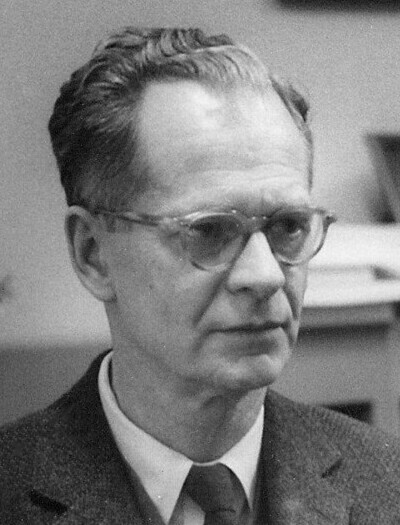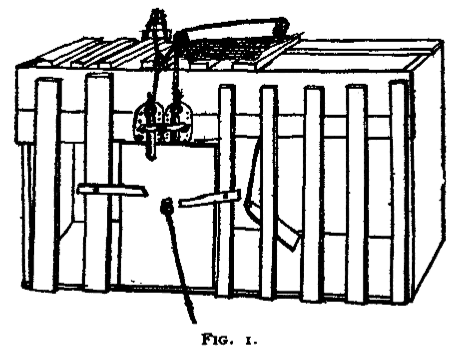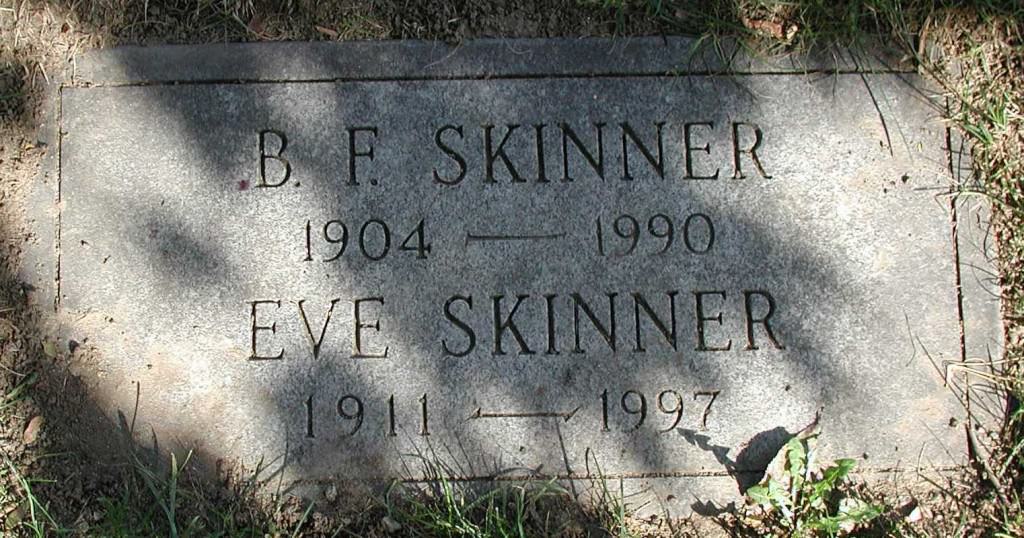
B. F. Skinner (1904-1990)
Psychologist, Inventor, & Philosopher
Burrhus Frederic Skinner, behavioral psychologist, was born on March 20, 1904.
The child of a Susquehanna, Pennsylvania family that believed in hard work and old-fashioned values, Skinner spent much of his childhood exploring the countryside, writing, and scheming up inventions. He attended Hamilton College and majored in English; upon graduation he worked as a writer in New York City, but quickly realized that it was the wrong path to understanding human behavior.
Skinner became interested in the theories of behaviorism discussed by Bertrand Russell and was influenced by Ivan Pavlov’s experiments on dogs. He applied to Harvard in 1928 to study psychology, earning his Master’s in 1930 and a Ph.D in experimental psychology in 1931. Skinner’s most important scientific contribution is his full application of the theory of operant behavior, which held that all behaviors are selected and reinforced by specific positive consequences in the environment. His research was controversial because he only examined recordable stimuli, disregarding such immeasurable factors as emotions, thoughts, the soul, mind, and unconscious.
In 1937 he created “the Skinner box,” a closed environment that demonstrated ‘operant conditioning.’ The box had a pedal on one wall, and when a rat was placed inside and eventually bumped into the pedal, a pellet would be released. After this initial reward, the rat would continue to press the pedal and receive pellets, informed by its previous conditioning. Skinner believed that the same method could be applied to humans, and proved that students could learn on machines that rewarded correct responses.

In addition to his scientific contributions, Skinner was a prolific author, and one of his most popular books, the novel Walden Two (1948), depicted a society that embraced his behaviorist ideas. While controversial, the book was successful and translated into eight languages. He also authored Beyond Freedom and Dignity (1971), which posited that the citizens of a society in which positive reinforcers are used to control behavior would actually feel free because they would feel as if they are doing what they want.
Skinner married Yvonne Eve Blue in 1936 and had two daughters, one of which was raised in another of Skinner’s inventions, the playpen-crib hybrid “baby box.” He received a Lifetime Achievement Award from the American Psychological Association shortly before his death at the age of 86. Per his request, he had no funeral.

B.F. Skinner is buried at Mount Auburn in Lot 8495 on Azalea Path.
Footnotes:
Adapted from the research of Judy Jackson and Laura M. Gosman, as published in Mount Auburn’s Person of the Week: B. F. Skinner, 2001.
